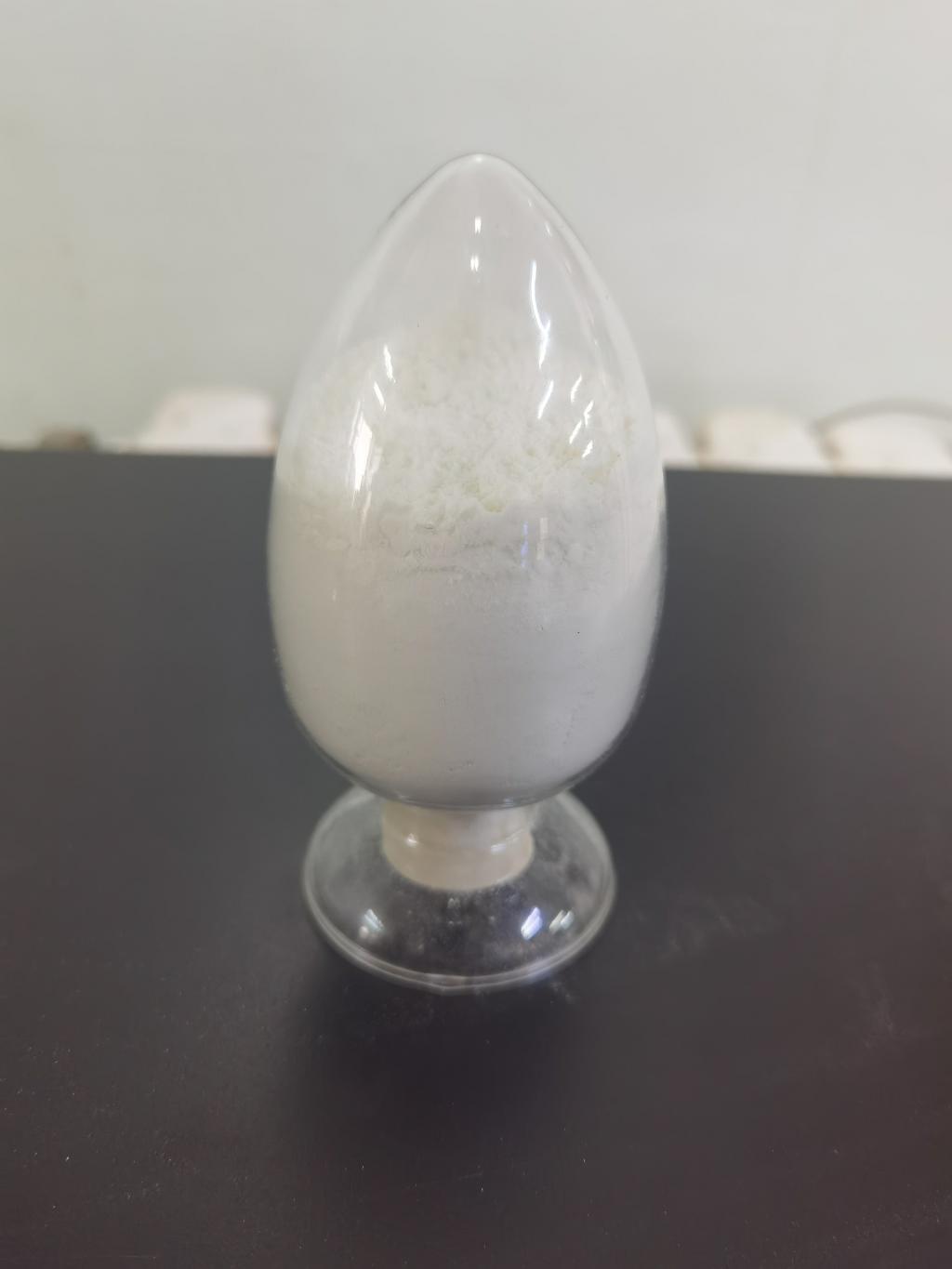Tel:+8618231198596

News
 CONTACT
CONTACT
 CONTACT
CONTACT
- Linkman:Linda Yao
- Tel: +8618231198596
- Email:linda.yao@dcpharma.cn
- Linkman:CHARLES.WANG
- Department:Overseas
- Tel: 0086 0311-85537378 0086 0311-85539701
News
Current Position:
Home >
News
>ε-Polylysine Hydrochloride Factory stock: A Partner in Reducing Food Waste and Loss.
ε-Polylysine Hydrochloride Factory stock: A Partner in Reducing Food Waste and Loss.
TIME:2023-10-11
2. Understanding ε-Polylysine Hydrochloride
ε-Polylysine hydrochloride is a natural antimicrobial compound derived from microbial fermentation. It possesses potent antimicrobial properties and is effective in inhibiting the growth of various pathogenic and spoilage microorganisms. This versatile compound has found applications in the food industry to extend the shelf life of products.
3. The Global Challenge of Food Waste and Loss
The issue of food waste and loss is multifaceted, characterized by several key factors:
Economic Impact: Food waste and loss result in significant economic losses, affecting businesses, consumers, and economies worldwide.
Environmental Consequences: The resources used in food production, including water, energy, and land, are wasted when food is discarded.
Food Security: A substantial portion of the global population faces food insecurity, and reducing waste can help address this issue.
Consumer Awareness: Increasingly, consumers are concerned about the environmental and ethical implications of food waste, impacting purchasing decisions.
4. The Role of ε-Polylysine Hydrochloride in Reducing Food Waste and Loss
ε-Polylysine hydrochloride offers several significant benefits that contribute to minimizing food waste and loss:
Extended Shelf Life: Its antimicrobial properties can extend the shelf life of various food products, reducing the likelihood of spoilage.
Preservation of Nutritional Value: By preventing microbial growth, ε-Polylysine hydrochloride helps preserve the nutritional value of foods.
Reduced Food Waste: Longer-lasting products are less likely to be discarded, leading to a reduction in food waste.
Clean Label Ingredient: It is considered a clean label ingredient, aligning with consumer preferences for natural and transparent food products.
5. Applications of ε-Polylysine Hydrochloride in Reducing Food Waste
The application of ε-Polylysine hydrochloride in various sectors of the food industry is instrumental in the fight against food waste and loss:
Fresh Produce: ε-Polylysine hydrochloride can be used in the treatment of fresh fruits and vegetables to extend their shelf life.
Bakery Products: In the baking industry, ε-Polylysine hydrochloride helps prevent spoilage and maintain product quality.
Meat and Poultry: It can be incorporated into meat and poultry products, ensuring their safety and prolonging shelf life.
Processed Foods: Processed foods benefit from ε-Polylysine hydrochloride to maintain quality and safety.
6. Regulatory Considerations
The use of ε-Polylysine hydrochloride in food applications is subject to regulatory considerations. Adherence to established guidelines is essential to ensure its safe and effective use in food products.
7. Sustainability and Food Security Implications
The adoption of ε-Polylysine hydrochloride in the reduction of food waste and loss has broad implications:
Environmental Sustainability: Minimizing food waste conserves resources and reduces the environmental impact of food production.
Economic Savings: The reduction of waste results in significant economic savings for businesses and consumers.
Food Security: By reducing waste and extending the shelf life of food products, ε-Polylysine hydrochloride contributes to improved food security.
8. Conclusion
Food waste and loss are global challenges that require innovative solutions to mitigate their far-reaching consequences. ε-Polylysine hydrochloride, with its antimicrobial properties and shelf-life-extending capabilities, emerges as a powerful partner in reducing food waste and loss. By adhering to regulatory guidelines and embracing innovative food preservation methods, the food industry can harness the potential of ε-Polylysine hydrochloride to address the economic, environmental, and humanitarian dimensions of these critical issues. In doing so, ε-Polylysine hydrochloride can revolutionize sustainability and food security, offering a promising future for the global food system.
- Tel:+8618231198596
- Whatsapp:18231198596
- Chat With Skype







